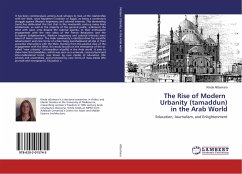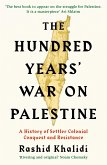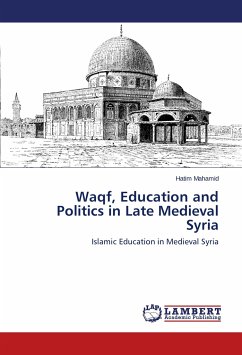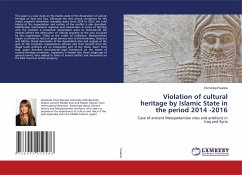It has been commonplace among Arab scholars to look at the relationship with the West, since Napoleon's invasion of Egypt, as being a continuous struggle against Western hegemony and colonial interests. This dominating trend has obliterated the fact that in the nineteenth century many Arab intellectuals, as well as the majority of the general public, embraced the West with open arms despite the colonial agenda. In their enthusiastic engagement with the new ideas of the French Revolution and the European Enlightenment, Western hegemony and colonial interests were issues of minor concern. The Arab community's relentless drive for scientific advancement and new forms of urban living overshadowed all else in their proactive interactions with the West. Starting from this positive view of the engagement with the West, this study focuses on the emergence of the so-called "new urbanity" (al-tamaddun al-jadid) in the Arab world. It aims to show how this tamaddun, which was seen as a universal, cross-cultural and inter-civilizational trend, was driven by new modes of education (the schools and universities), and promoted by new forms of mass media (the journals and newspapers).








